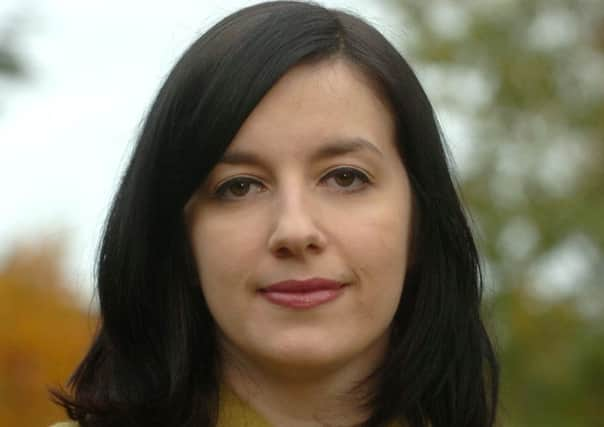Number of GPs in Sunderland falls by 25% since 2013, city MP finds


A Wearside MP is demanding Government action after the number of full-time GPs in Sunderland dropped by 25% since 2013.
According to Department of Health statistics, requested by Bridget Phillipson, the number of full-time equivalent GPs, excluding locums, in the NHS Sunderland Clinical Commissioning Group area has fallen from 201 in September 2013 to 154 in March this year.
Advertisement
Hide AdAdvertisement
Hide AdMs Phillipson says the decline has seriously affected the provision of health services in her Houghton and Sunderland South constituency.
According to Department of Health and House of Commons Library figures, GP practices in the area covered by Sunderland Clinical Commission Group (CCG), have on average more than 1,800 registered patients to one FTE GP – significantly more than the average for England.
And more than half of local clinics have a ratio of more than 2,000 patients to one family doctor, while the worst-staffed practices have nearly 3,000 registered patients to one.
There are a total of 13 surgeries in the Houghton and Sunderland South Constituency.
Advertisement
Hide AdAdvertisement
Hide AdHowever, health bosses in the city have said that the figures provided to Ms Phillipson predate the recruitment of 10 newly qualified GPs last year through the Career Start scheme and that the programme will continue to recruit a further five newly qualified GPs per year for the next three years.
Ms Phillipson says she has been contacted in recent months by a number of people expressing their concerns over the state of general practice in Sunderland.
In June, Dr Roger Ford, secretary of the Sunderland Local Medical Committee (LMC) and chairman of the North East and Cumbria Regional LMC, wrote to Ms Phillipson to share the results of his confidential survey of GPs and Practice Managers.
Almost half of respondents reported a large increase in their workloads over the last two years, while a further 31% reported an increase to “unsustainable” levels.
Advertisement
Hide AdAdvertisement
Hide AdTo tackle this problem, two thirds of respondents had attempted to recruit new family doctors, but many found this to be “very difficult”.
Ms Phillipson said: “This crisis is clearly affecting the quality of primary care in Sunderland.
“The hugely disruptive top-down reorganisation that the Conservatives imposed on the NHS in England has put unprecedented pressure on general practice in areas like Sunderland – pressure that will only increase as more and more care duties are transferred to the community while less funding is made available from central government.
“The people of Sunderland deserve better than this.
“The last Labour Government implemented targeted measures to tackle health inequality across the UK by delivering new GP practices to areas with the poorest provision.
Advertisement
Hide AdAdvertisement
Hide Ad“Sunderland was identified as one of those areas, and saw a boost in GP numbers as a result.
“Thanks to the negligence of Jeremy Hunt and his ministerial team, general practice in deprived communities is in decline again – just as it was when the Tories were last in power in the 1990s.
“It looks like all the good work done by the Labour Government to improve access to primary care in Sunderland is being undone by a Government that simply doesn’t care about protecting the NHS.”
Dave Gallagher, chief officer of NHS Sunderland Clinical Commissioning Group (CCG), said: “We are very much aware of the issues around GP recruitment, and we are strongly committed to attracting newly qualified GPs to Sunderland and supporting them in their work.
Advertisement
Hide AdAdvertisement
Hide Ad“That includes the Career Start scheme, which provides additional support for newly qualified GPs to come to Sunderland, with extra training and support to get established and develop expertise in a specific clinical area.
“The programme has already recruited 10 new GPs, eight practice nurses and 18 healthcare assistants, with five new GPs being recruited every year for the next three years.
“We also have a range of schemes to support retention of experienced GPs and a pilot scheme to embed pharmacists within surgeries, which can reduce the pressure on GPs.
“GP recruitment is a challenge for the whole of the NHS, but it’s important to remember that every national survey shows that patients here have higher than average satisfaction levels with their GP practices.”